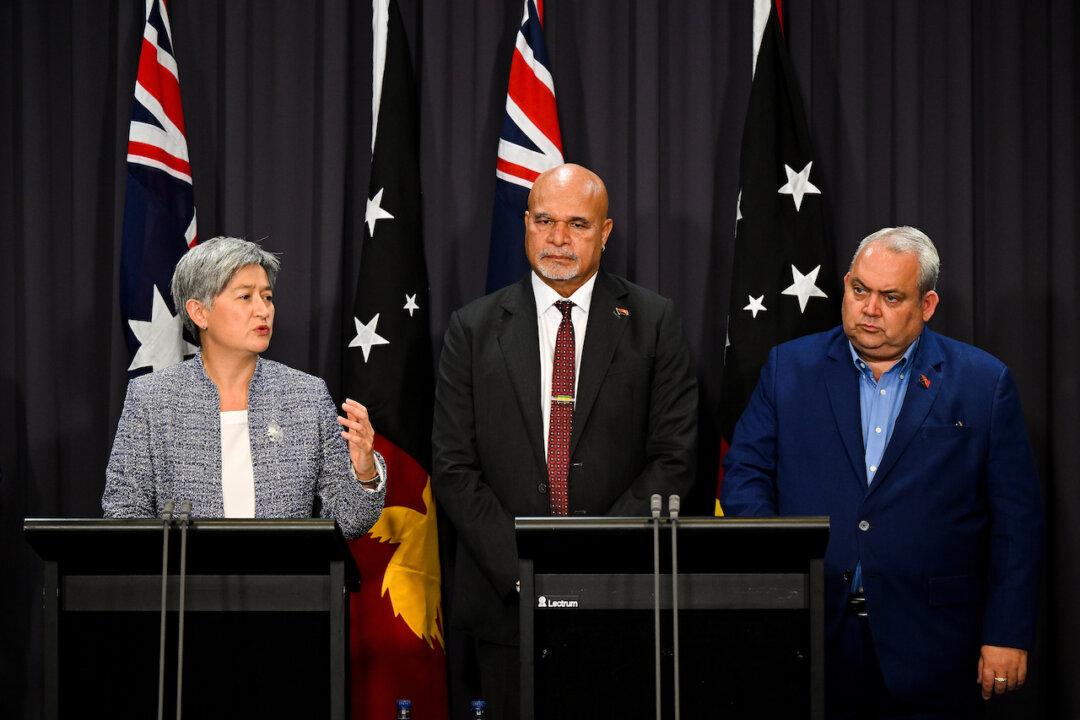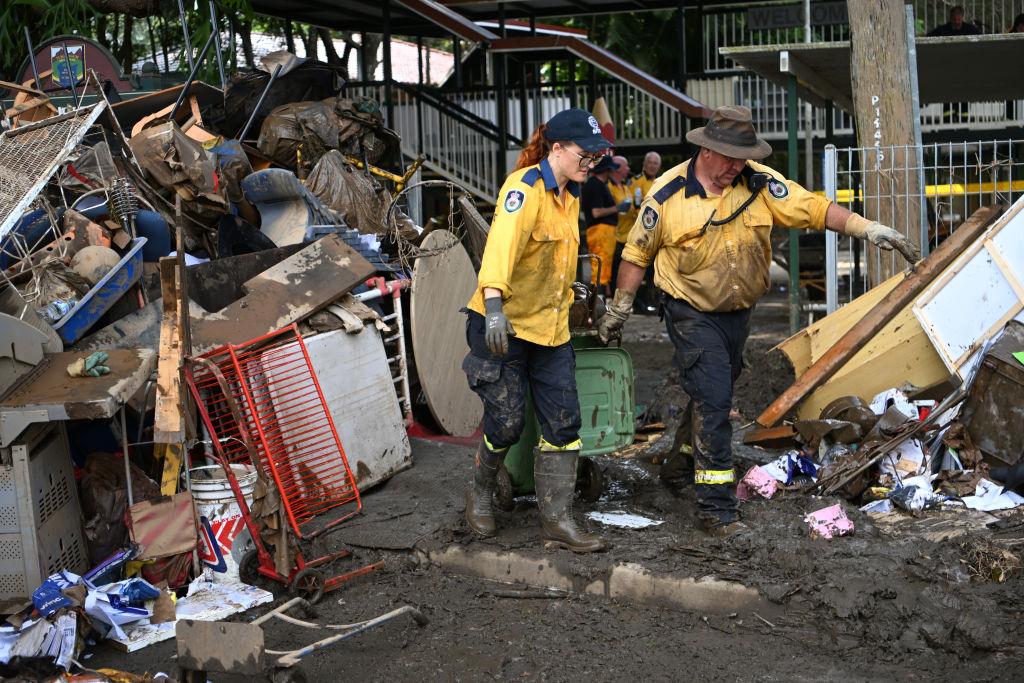Australian businesses that seek to obtain multiple entry visas for Papua New Guinea (PNG) will soon be able to make that a reality after Australian and PNG officials discussed ways to streamline immigration.
This follows a visit to PNG in January by Australian Prime Minister Anthony Albanese, who became the first foreign leader to address the country’s parliament. Albanese’s visit had sought to cement bilateral ties to show Australia’s commitment to supporting liberal democratic values in the Indo-Pacific.





